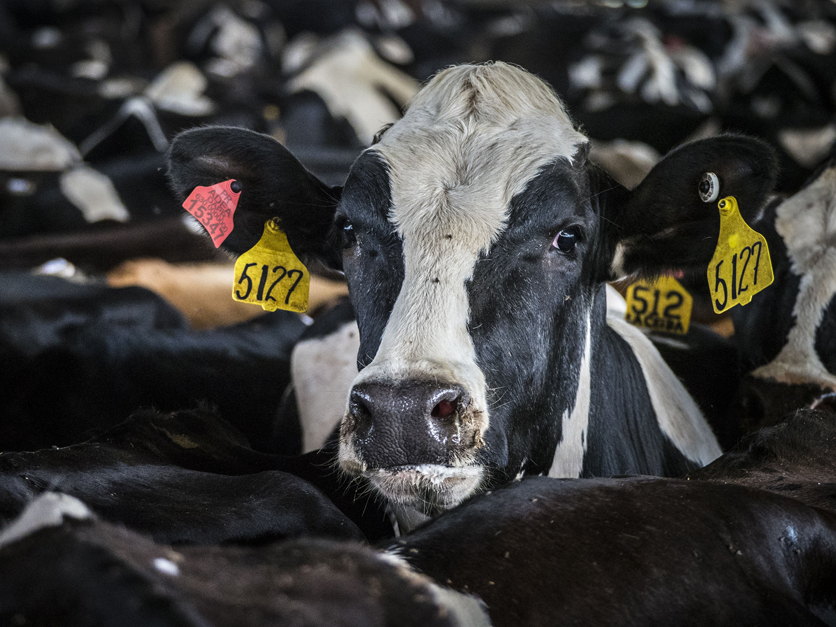Yogurt maker Chobani, in cooperation with co-ops and other influencers in the dairy, labor and environmental fields, plans to develop “comprehensive” standards for ensuring sound labor, environmental and animal welfare conditions on dairy farms.
In collaboration with Fair Trade USA, the World Wildlife Fund, National Milk Producers Federation (NMPF), Cornell University, other state programs, and dairy farmers, Chobani is spearheading a six-pillar effort called "Milk Matters" to highlight areas of importance within the dairy sector. The program includes goals for worker well-being, environmental stewardship and more. The company hopes to have 100 percent adoption by 2025.
The key difference between this certification program and others is attempts to encompass multiple factors of the milk production process and improve them for all those affected, not just the farm owner, according to Chobani.
"Proud to share our vision for the future of dairy — from cows to people to planet. It's a small step with a big message: the future of dairy farmers matters to all of us," said Hamdi Ulukaya, Founder and CEO of Chobani. "Dairy farms are the backbone of the communities we call home, but the current model is broken and it's leaving consumers questioning everything, including the treatment of animals, farm workers, and the land itself. Our solution is simple but powerful. We all have a responsibility to support the farmers who make our business and our vision possible."
The certification focuses on six key pillars, starting with Chobani partnering with Fair Trade USA to focus on developing a program that “supports dairy workers and provides meaningful premiums to benefit farmers and farm workers alike.” A collaboration with World Wildlife Fund and NMPF’s Farmers Assuring Responsible Management aims to “reduce the company’s carbon footprint and help farms do the same.” By December 2019, all Chobani sourced milk will comply with the “National Milk’s FARM Version 3.0, the industry’s highest standard for animal care.”
Maintaining its commitment to source from dairies located in Idaho and New York, while creating economic opportunities in those areas, the company plans to launch a Chobani Scholars program at Cornell and continue a similar program at the University of Idaho. Finally, in a partnership with the Cornell PRO-DAIRY program and the New York State’s Dairy Acceleration Program, the firm will “help farms with less than 300 cows receive funding for small projects.”
For more news, go to www.Agri-Pulse.com.

